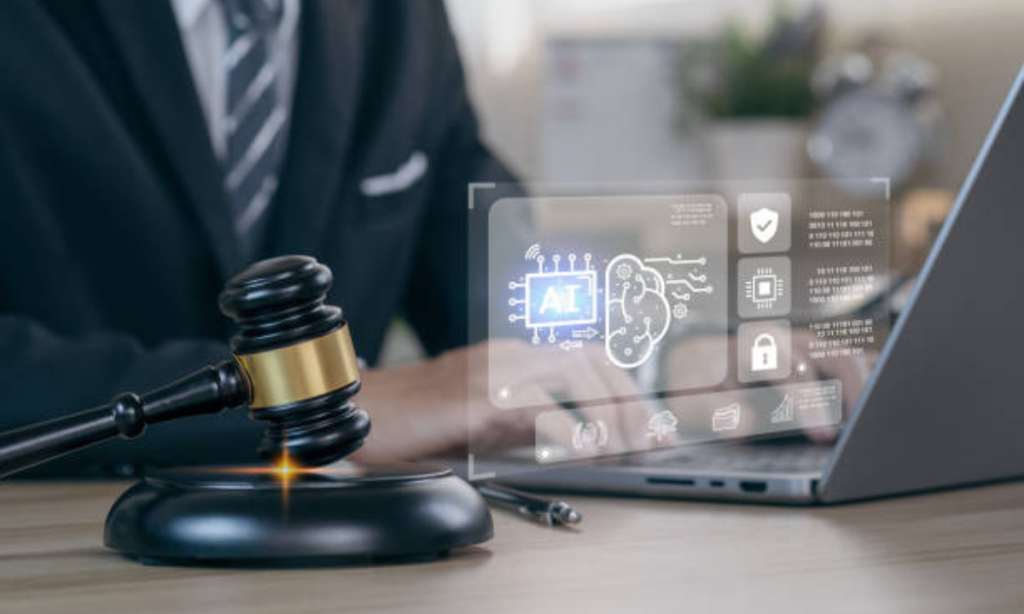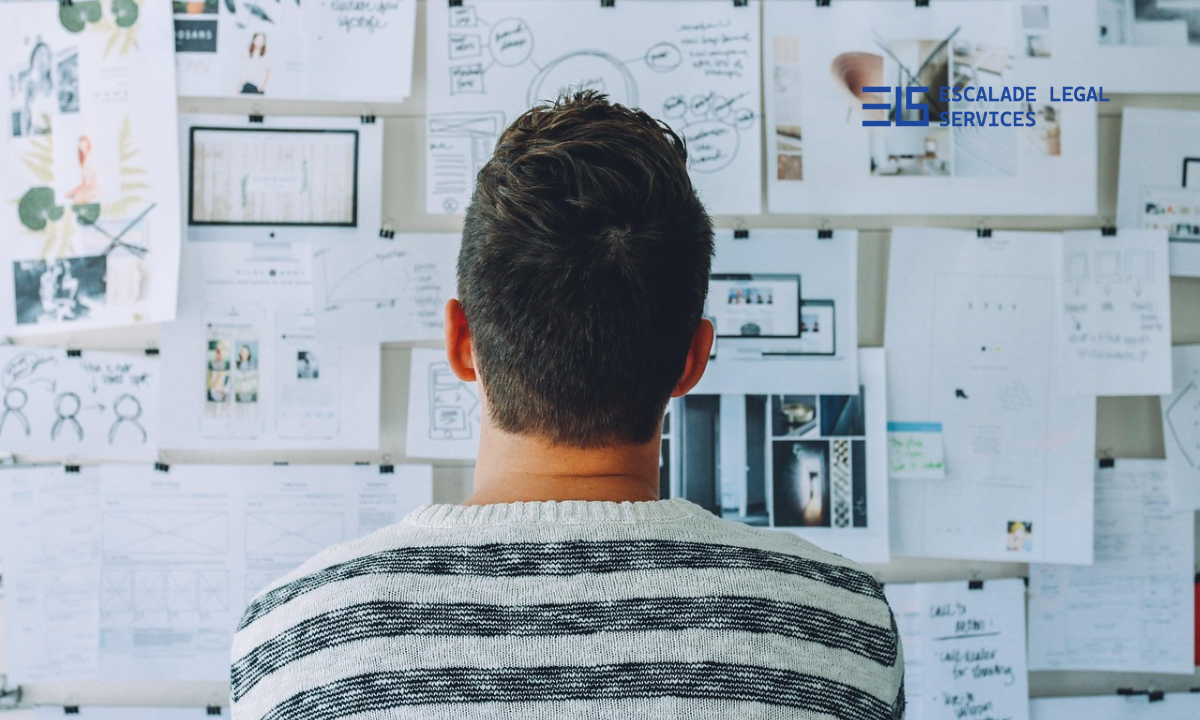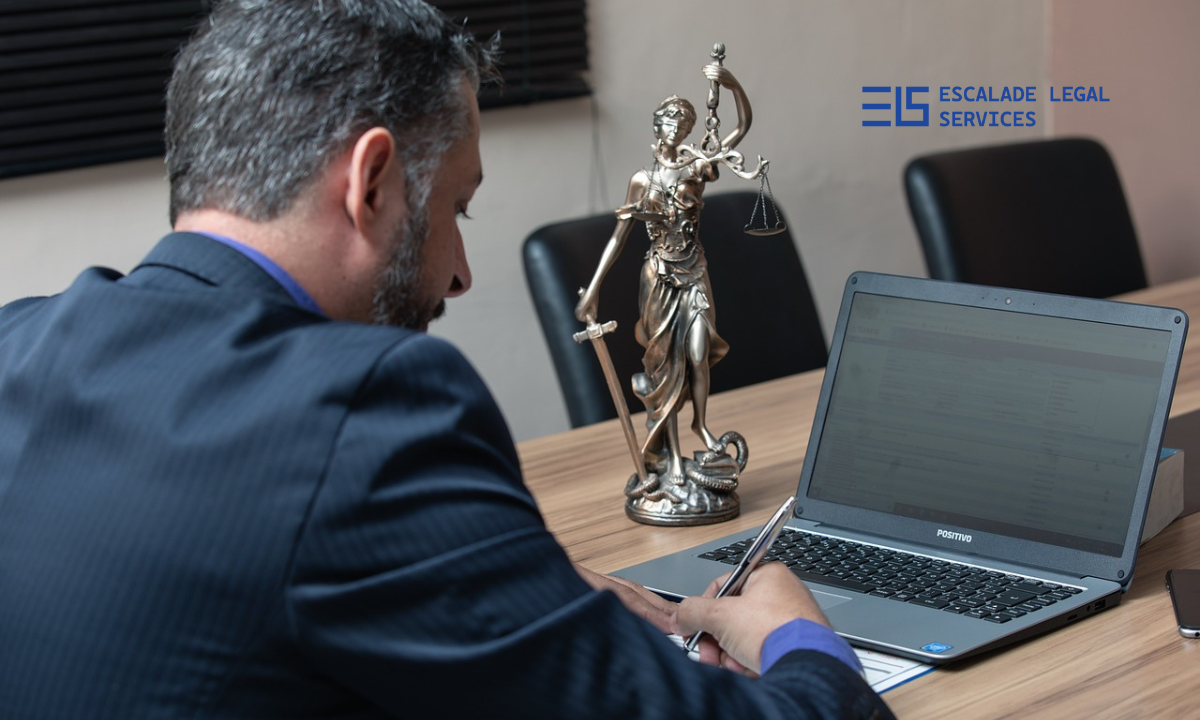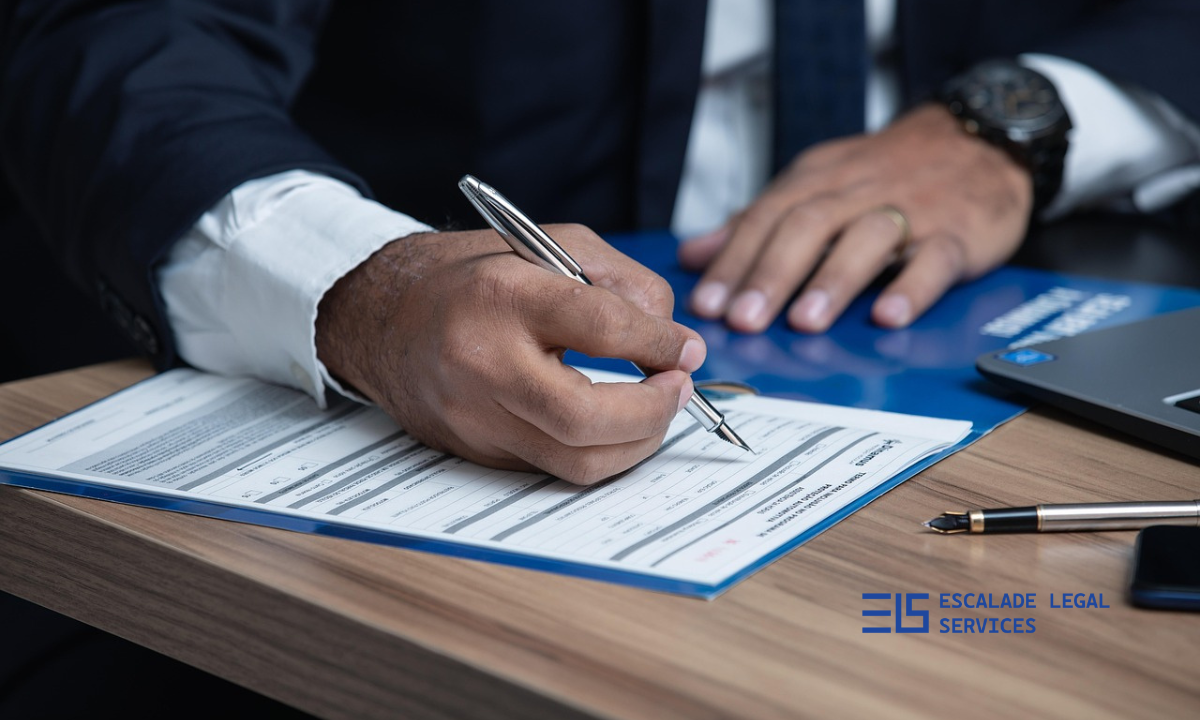In the world of rapid technological development, Intellectual Property has captured everyone and has become a hot issue. The digital revolution, and artificial intelligence in particular, have resulted in seemingly unbelievable opportunities as well as serious dilemmas. The dependence within the digital age on artificial intelligence and its mysterious connection to intellectual property has never been as important as now.
What is Intellectual Property?
Before getting into the details, it is prudent to understand what Intellectual Property (IP) entails. IP can be defined as creations of the mind, such as inventions, music, designs, symbols, and written works, which are legally protected from their abuse through unauthorized use by other persons. However, IP normally involves cases of copyrights, trademarks, patents, and trade secrets.
Rise of AI Content Generation
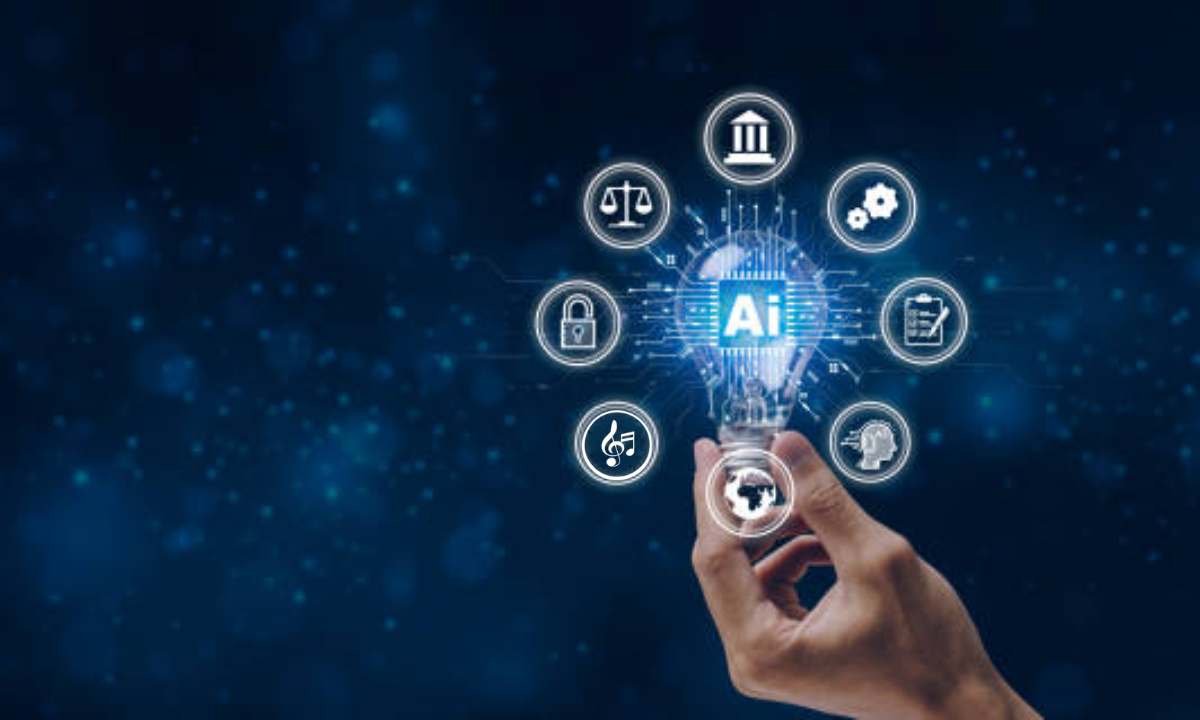
Artificial Intelligence has been revolutionizing methods of the creation, consumption, and distribution of digital content. AI can create news articles, music, and generate art, write news articles, and even generate software code. That has culminated in another round of AI-created content and copyright concerns. As machines produce texts and art, another question emerges: whose right to this material is the best one, the developer, the one who uses them, or even the AI itself?
AI-Generated Content and Copyright: Issues with Ownership
The boundary between human creativity and machine creativity is constantly eroded as AI algorithms become increasingly complicated. As an example, a novel can be written by an AI or a digital canvas painted by one. These innovations are unbelievable, yet they raise concerns about the copyright aspect of AI. Copyright laws. Many traditional copyright laws apply only when the work in question has a human author, but do not apply to work created by a machine, or to a combination of human and machine creation.
It is not only a philosophical problem, but it is practical as well. There is also the concern of permission and fair use when it comes to the collection of massive data sets that require training AI executions on copyrighted material. Discussing copyright about AI-generated content and whether someone can claim authorship over it poses a significant challenge for legal professionals.
IP Challenges Using AI: The Emerging Legal Landscape
Lawmakers worldwide are increasingly recognizing the need to leverage AI in handling IP issues. Should the same be done when an AI-generated (and now famous) tablet needed to be credited with a person who trained the AI, or the one who utilized it, or be left unattached?
From a media perspective, the ambiguity in laws is already influencing companies and artists. With the rise in AI-created works, more definite policies regarding artificial intelligence and intellectual property will have to be established so that the digital landscape functions equitably and openly.
Copyright Issues with AI: The Data and Originality Concern
Originality is one of the larger discussions on copyrights in AI. To have copyright protection, a work has to be original and in a tangible form. However, when an AI only remixes the existing materials or strongly resembles other works, is that original? And when a database with all kinds of copyrighted content is fed to an AI so that it can learn to generate new content, is it also a violation of the rights of another entity?
These are some of the questions that demonstrate that AI-generated content and copyright are a complicated mix. Even now that an increasing amount of content is created by AI daily, the judges will have to figure out how to have more grey areas in these new types of creative work and in which cases they draw this line.
Artificial Intelligence and Intellectual Property: Patents and Inventions
The problem with artificial intelligence and intellectual property is not just about copyrights. AI also participates in the creation of new products, the resolution of technical issues, and even patenting. However, much remains ambiguous as to whether an AI can be an official inventor by all legal standards.
In the case of AI and patent law, at the present time, most countries still need human inventors. However, what comes into the situation when an AI, automatically, creates a solution to a problem that a human never could?
Intensifying pressure develops to review our legal systems and think about how innovative innovations brought along by AI must be attributed and ensured.
Artificial Intelligence and Patent: Who Should Receive the Credit for Inventions?
The form of AI and patent law will still be pushed during the upcoming years as the days of swift technological change are here to stay. Organizations have started to patent inventions that have some parts or all of their development done by AI tools. Courts have concluded that only human beings can be inventors, and others are debating whether there must be a change in the definition of an inventor.
This current war about artificial intelligence and intellectual property is pushing legal change and leading to international discussion. What do we achieve when AI is blocked as inventorship, yet it plays a significant role in a particular invention? How do we make innovations work with legally recognized people?
IP Challenges with AI: Defense of Creativity in this Digital Era
AI is presenting special IP problem areas to legislators, businesses, and innovators. Since creative output is no longer one hundred percent human-created, but a combination of human and machine, it can be said that the laws can fall behind that practice. Striking the balance, the creative work of both and not stifling innovation is complex.
The new laws will have to ensure that when individuals employ AI to help them with their creations, they still enjoy the protection provided by the Intellectual Property law firm in Bangalore. Meanwhile, under the law, the scenarios must be avoided in which the copyright will turn into an instrument of stealing works by claiming ownership over them, because they are created by machines.
Looking For Solutions: The Way From Today Onwards
To solve copyright problems in AI and patents, pundits recommend the development of novel mechanisms of copyright that will cover works created by AIs. There are some proposed changes that would see the establishment of laws that would suitably accommodate the changing nature of creativity. Your international cooperation will play an essential role, because digital content and AI are not accompanied by borders.
Creators, programmers, and the general populace can be assisted by clear directions. As an example, the disclosure of the methods through which the AIs are trained and the information these AIs operate on can be used to explain the copyright origins of AI content.
In Conclusion: Thinking about an AI-filled Future
Intellectual Property and AI innovation. The point at which Intellectual Property and AI innovation allude to each other requires new ways of thinking and a willingness to be flexible. In terms of sorting the items that AI generates and checks copyright and any problems arising from the form of AI and patent law, society will have to collaborate to solve them.
With more emphasis on creativity as a collaboration between humans and intelligent machines, it is now more relevant than ever to revise artificial intelligence and intellectual property legislation. Addressing the IP problems directly by applying AI, we will be able to make a future that promotes both innovation and justice: a digital world where the efforts of all people are appreciated and secured.
Escalade Legal Services is a well-known law firm in India, with a track record of success on many different issues of law. Get in touch with us and enjoy tried and tested legal services as per your requirements!

